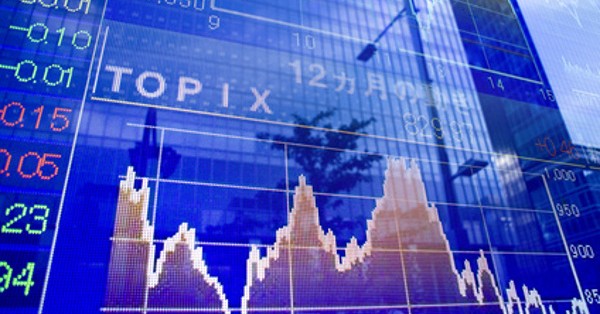Making mistakes as a Contracts For Difference trader can be very costly regardless of whether you are a beginner or experienced. Although there is no golden set of rules of becoming a successful CFD trader, you can take your trading to the next notch by avoiding some obvious mistakes. This post outlines the five common mistakes everyone makes with CFDs so that you don’t make the same errors with your money.
Trading without a strategy
According to various studies, about 80 to 90 percent of traders fail, with the lack of a trading plan being one of the primary reasons. Failure to create a trading strategy is the same as planning to fail. No standard trading plan suits everyone because every trader is unique, but various practices can give you a better chance of making more profits. For example, your plan should include things like money management techniques, risk management, entry and exit strategy as well as the exchange and instruments to use while trading.
With these in place, you will have a well-defined structure and set of guidelines for your trading activities. Having a plan is however just the first step because you need to follow it to the letter without deviating. You, therefore, have to avoid various urges, including euphoria, despair, greed or fear so that you stick to your plan.
Risking too much
Some traders fail to use stop losses and end up placing too much of their money in a single trade. Others become over confident because it worked for them once thinking that it is a cheap way to make easy money. But in essence, they find themselves risking a lot and making relatively little.
Some of the common reasons that make traders behave this way include lacking a good plan, indiscipline when following their trading strategy or receiving a euphoric high. What you should know is that earning on the stock market, especially in the CFDs is all about maximizing gains for the lowest possible risk. In fact, you should aim for a profit potential twice the size of the risk you put on a trade, a strategy known as 1:2 risk to reward ratio.
Emotional and psychological mistake
A lot of traders develop the mindset that they will get every trade right, which is a perilous mistake. Your decisions should be based on facts, historical trends, and fundamentals rather than emotions. Trading in the CFDs requires you to know how to overcome your feelings because losing could easily cause emotional distress. You need to stay put when there are no available deals, make appropriate and quick decisions when a trade presents itself and learn to walk away when it soars.
Over-trading
Over-trading is also a major mistake that traders who don’t follow the right techniques make. You should not have trades that you can’t maintain at any one time. Leveraging all the equity at your disposal only complicates things rather than making them better. To help you avoid over-trading, you need to know how long to stay in a trade, how much to risk and understand the kind of markets you want to deal with. If you are a short-term trader, then you will have to place several trades within a day. But for the medium and long-term trading, your trades should be fewer. For the markets that you can trade in, you need to look for a reliable site, such as the CMC Markets so that you learn everything you need and get the assistance you require.
Once you understand the markets and how they operate, try to stick with the ones you feel comfortable with. Also, start small instead of beginning with big trades. You can always increase your stake size once you learn more about the CFDs trading.
Allowing losses to run
Most traders, including the professional ones, don’t know exactly where to put a stop when their strategies start to backfire. Letting losses run is essentially when you are in a losing trade that continues to go against you hoping that it will turn around. Focus on cutting your losses early by following your trading plan (which should entail a risk management strategy). If the trade doesn’t go as you expected, exit as soon as possible so that you minimize losses.
Before you even begin trading Contracts For Difference, always ensure that you are familiar with all aspects of the product, learn the markets you will be trading in and avoid the above five mistakes. That way, your journey to becoming successful will be undoubtedly smooth.












